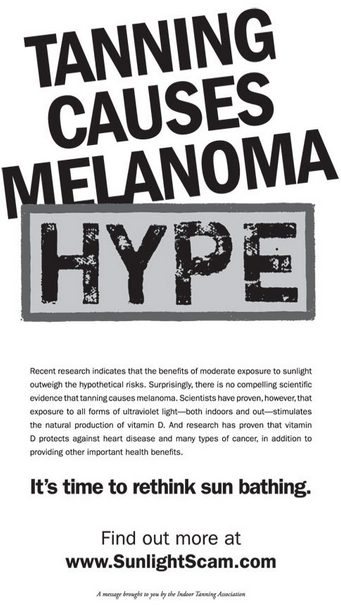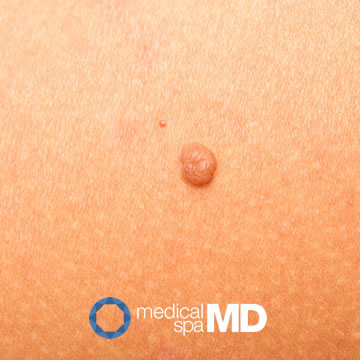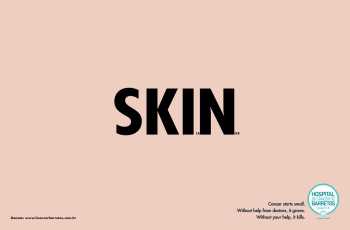Retail Products Expiring on The Shelf?
/Make sure you're not losing money or damaging your patient experience with expiring products.
Have some products edging up to their expiration date? You're not alone. If you are not sure what to do with them or how to recover the expense keep reading. We have all at one time or another dealt with slower than expected retail sales and the subsequent back stock of expired products in our storage rooms. But there are simple solutions to get you back in the black.
Expired products cannot be sold to patients, nor should be housed in exam rooms, lobbies, or common areas. Do not throw those products away, you have options. Reach out to your assigned sales representative, they want to keep your business and a good sales rep will do everything to keep you happy. Depending on the skin care company, sales reps are given car stock to engage new customers. Many reps will be able to sub out some of their car stock for your expired products. They can also reach out to their regional managers for additional support, or worst case the company as a whole may buy back the products with a restocking fee. Another option for expired products is to offer them at deep discounts to your staff or create simple staff contests awarding them with product.
If your products have not yet expired but are getting close you have more options in offloading the overstock. Cleansers, sunscreens, and moisturizers can all be placed in your backbar for facials, peels, microdermabrasion or microneedling. Use them in treatments that are bringing in revenue. If you have 3 months or greater before they expire, promote a simple “Gift with Purchase” to your existing customers. Purchase an IPL package and receive a free sunscreen or free retinol with chemical peel series. Finally, if you find your practice is not happy with a skin care line and are looking to bring in a new line. Many skin care companies will offer competitor buy backs with your opening order. Just remember keep your opening orders as small as possible with as few SKU’s as possible.
Now that you have options for those products, here are a few tips to avoid repeating the past. When you get a new shipment of products in, have your staff check expiration dates on arrival. If you have less than 18 months to expiration, send the products back. Most sunscreens and anti-aging products have a 2 year shelf life. Make sure your practice gets full advantage of those 24 months. Check your sales history before ordering and order as small a quantity as possible, no need to keep a stockroom full of products. Well, unless it’s Aquaphor, that stuff lasts forever.













